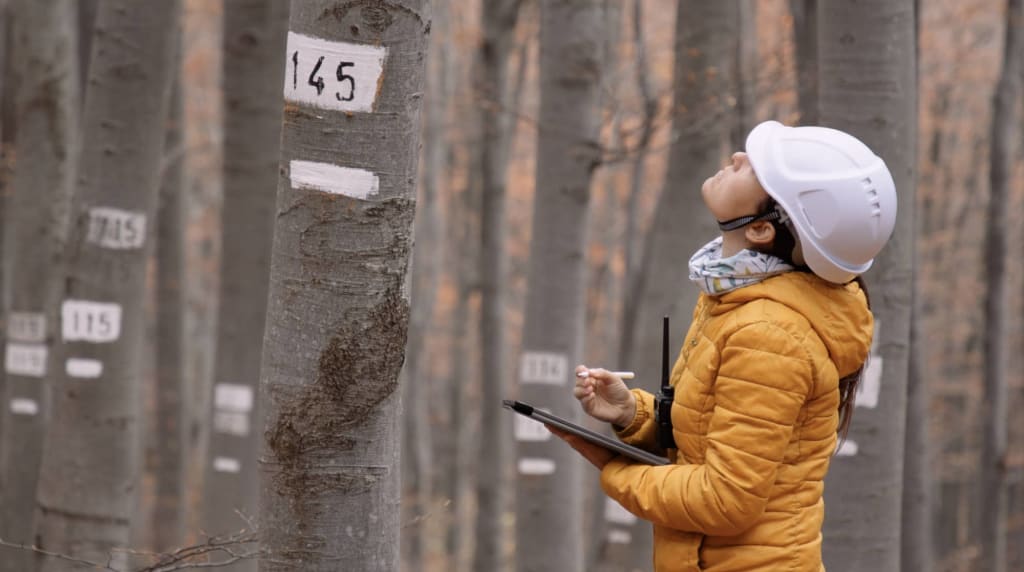Fieldwork in graduate school refers to the practical aspect of a student’s academic studies where they engage in hands-on experiences outside of the traditional classroom setting. It is a crucial component of many graduate programs, particularly in fields such as social work, education, psychology, and public health.
Fieldwork allows students to apply the theoretical knowledge they have gained in the classroom to real-world situations. It provides them with the opportunity to gain practical skills, make meaningful connections with professionals in their field, and develop a deeper understanding of the challenges and opportunities present in their chosen career path.
In most cases, fieldwork is completed under the supervision of a qualified professional who serves as a mentor and guide to the student. This mentor provides feedback, support, and guidance throughout the fieldwork experience, helping the student to learn and grow in their chosen field.
The specific requirements for fieldwork vary depending on the program and field of study. Some programs require a certain number of hours spent in the field, while others may require a specific project or research study to be completed. Regardless of the format, fieldwork is typically an essential part of a graduate student’s education, providing them with valuable hands-on experience that will prepare them for their future career.
There are many benefits to participating in fieldwork as part of a graduate program. One of the most significant advantages is the opportunity to network and make connections within the professional community. Fieldwork allows students to meet and work alongside professionals in their field, building relationships that can lead to job opportunities and mentorship in the future.
Additionally, fieldwork provides students with the chance to test out various career paths and specialties within their field. By working in different settings and with different populations, students can gain a better understanding of their strengths and interests, helping them to make more informed decisions about their future career path.
Fieldwork also helps students to develop crucial skills that are necessary for success in their chosen field. These skills may include communication, problem-solving, critical thinking, and cultural competence. By actively engaging in hands-on experiences, students can develop and refine these skills, making them more marketable and effective professionals.
Overall, fieldwork is a valuable component of graduate education that provides students with practical experience, professional connections, and important skills that will benefit them throughout their careers. It is an opportunity for students to bridge the gap between theory and practice, gaining valuable insights and experiences that will help them succeed in their chosen field.
